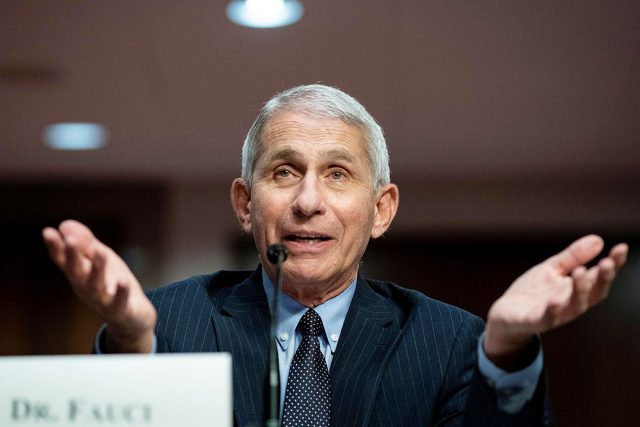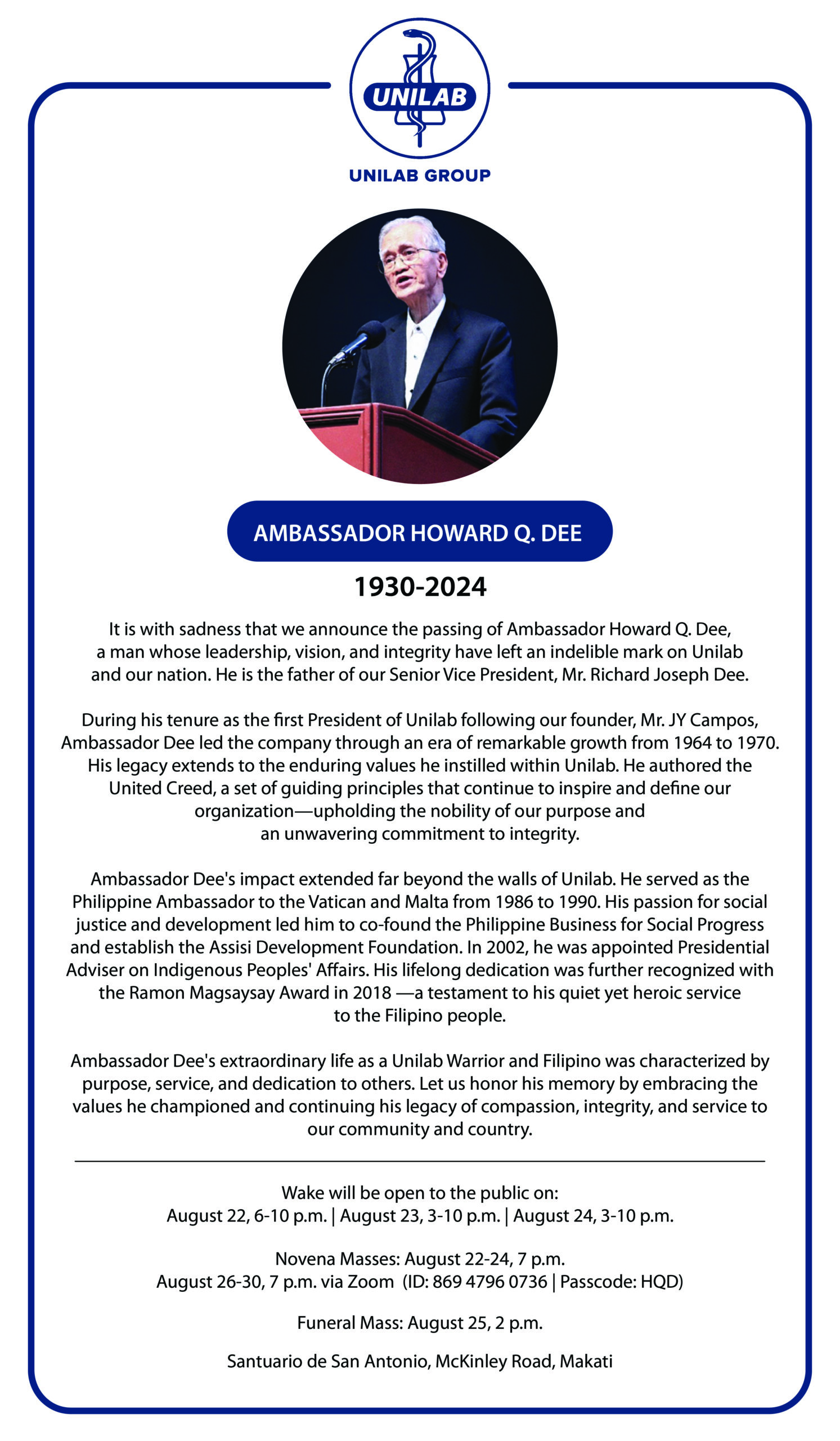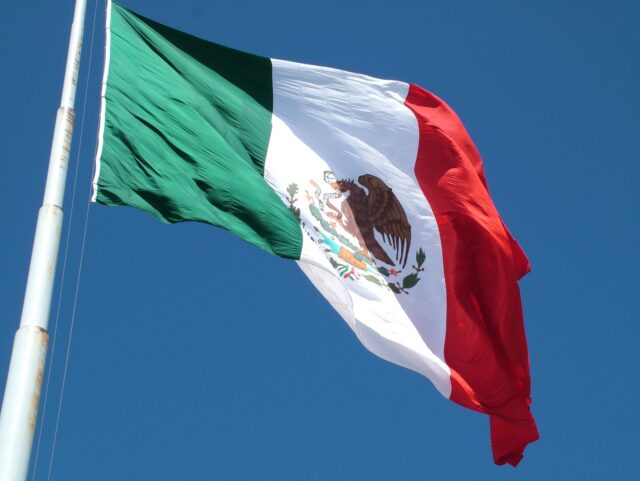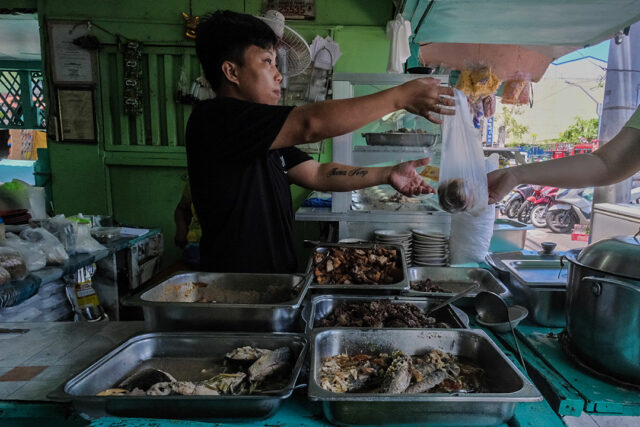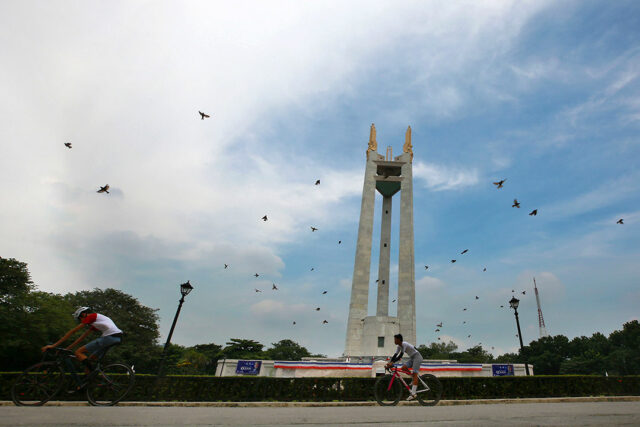SpaceX to return Boeing’s Starliner astronauts from space next year — NASA

WASHINGTON — Two NASA astronauts who flew to the International Space Station in June aboard Boeing’s faulty Starliner capsule will need to return to Earth on a SpaceX vehicle early next year, NASA officials said on Saturday, deeming issues with Starliner’s propulsion system too risky to carry its first crew home as planned.
Veteran NASA astronauts Butch Wilmore and Suni Williams, both former military test pilots, became the first crew to ride Starliner on June 5 when they were launched to the ISS for what was expected to be an eight-day test mission.
But Starliner’s propulsion system suffered a series of glitches in the first 24 hours of its flight to the ISS that has so far kept the astronauts on the station for 79 days as Boeing scrambled to investigate the issues.
NASA officials told reporters during a news conference in Houston that Wilmore and Williams, both former military test pilots, are safe and prepared to stay even longer. They will use their extra time to conduct science experiments alongside the station’s other seven astronauts, NASA said.
In a rare reshuffling of NASA’s astronaut operations, the two astronauts are now expected to return in February 2025 on a SpaceX Crew Dragon spacecraft due to launch next month as part of a routine astronaut rotation mission. Two of the Crew Dragon’s four astronaut seats will be kept empty for Wilmore and Williams.
The agency’s decision, tapping Boeing’s top space rival to return the astronauts, is one of NASA’s most consequential in years. Boeing had hoped its Starliner test mission would redeem the troubled program after years of development problems and over $1.6 billion in budget overruns since 2016.
Five of Starliner’s 28 thrusters failed during flight and it sprang several leaks of helium, which is used to pressurize the thrusters. It was still able to dock with the station, a football field-sized laboratory that has housed rotating crews of astronauts for over two decades.
NASA said in a statement Starliner will undock from the ISS without a crew in “early September.” The spacecraft will attempt to return to Earth autonomously, forgoing a core test objective of having a crew present and in control for the return trip.
“I know this is not the decision we had hoped for, but we stand ready to carry out the action’s necessary to support NASA’s decision,” Boeing’s Starliner chief Mark Nappi told employees in an email.
“The focus remains first and foremost on ensuring the safety of the crew and spacecraft,” Mr. Nappi said.
Several senior NASA officials and Boeing representatives made the decision during a Saturday morning meeting in Houston.
NASA’s space operations chief Ken Bowersox said agency officials unanimously voted for Crew Dragon to bring the astronauts home. Boeing voted for Starliner, which it said was safe.
Mr. Nelson told reporters at a news conference in Houston that he discussed the agency’s decision with Boeing’s new Chief Executive Officer Kelly Ortberg and was confident Boeing would continue its Starliner program. Mr. Nelson said he was “100 percent” certain the spacecraft would fly another crew in the future.
“He expressed to me an intention that they will continue to work the problems once Starliner is back safely,” Mr. Nelson said of Mr. Ortberg.
Boeing struggled for years to develop Starliner, a gumdrop-shaped capsule designed to compete with Crew Dragon as a second US option for sending astronaut crews to and from Earth’s orbit. The company is also struggling with quality issues on production of commercial planes, its most important products.
Starliner failed a 2019 test to launch to the ISS uncrewed, but mostly succeeded in a 2022 do-over attempt where it also encountered thruster problems. Its June mission with its first crew was required before NASA can certify the capsule for routine flights, but now Starliner’s crew certification path is uncertain.
The drawn-out mission has cost Boeing $125 million, securities filings show. The company arranged tests and simulations on Earth to gather data that it has used to try and convince NASA officials that Starliner is safe to fly the crew back home.
But results from that testing raised more difficult engineering questions and ultimately failed to quell NASA officials’ concerns about Starliner’s thrusters and its ability to make a crewed return trip, the most daunting and complex part of the test mission.
“There was just too much uncertainty in the prediction of the thrusters,” NASA’s commercial crew program chief Steve Stich told reporters.
Starliner’s now-uncertain path to receiving a long-sought NASA certification will add to the crises faced by Ortberg, who started this month with the goal to rebuild the planemaker’s reputation after a door panel dramatically blew off a 737 MAX passenger jet in midair in January. — Reuters

